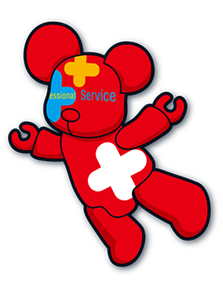In the 21st century clinicians are confronted with increasingly complex ethical challenges in their medical practice. These include everyday relational issues such as truth-telling, consent, medical confidentiality, assessing capacity, conflicts with colleagues, patients and their relatives over treatment decisions, as well as difficult problems at the beginning and end of life and coping with medical errors. Added to these are newer ethical challenges arising from technological and scientific advances, such as wearable technologies, the use of artificial intelligence in healthcare, robotics, genomics, gene editing, non-invasive prenatal testing and novel infertility treatments. Will AI render doctors obsolete or change their roles and responsibilities? Voluntary euthanasia and physician assisted suicide (now described as ‘assisted dying’) is legally permissible in a rising number of countries and states, creating pressures on professional roles and values. Will there remain scope for conscientious objection? Demographics are changing and people in developed nations are living longer with an extended period of frailty and dependency, creating strains on the medical and social care systems. Rising costs of healthcare can lead to difficult choices in allocating resources. In this changing landscape clinicians need to develop and sustain their professional virtues such that they can continue to best serve their patients. In my presentation, with illustrative examples, I shall explore a selection of these ethical issues and the well-developed methods for engaging with them and for deliberating in order to achieve optimal outcomes. I shall refer to my experience and learning as a clinician-ethicist, as well as my membership of the Nuffield Council in Bioethics and Imperial College NHS Trust clinical ethics committee.








